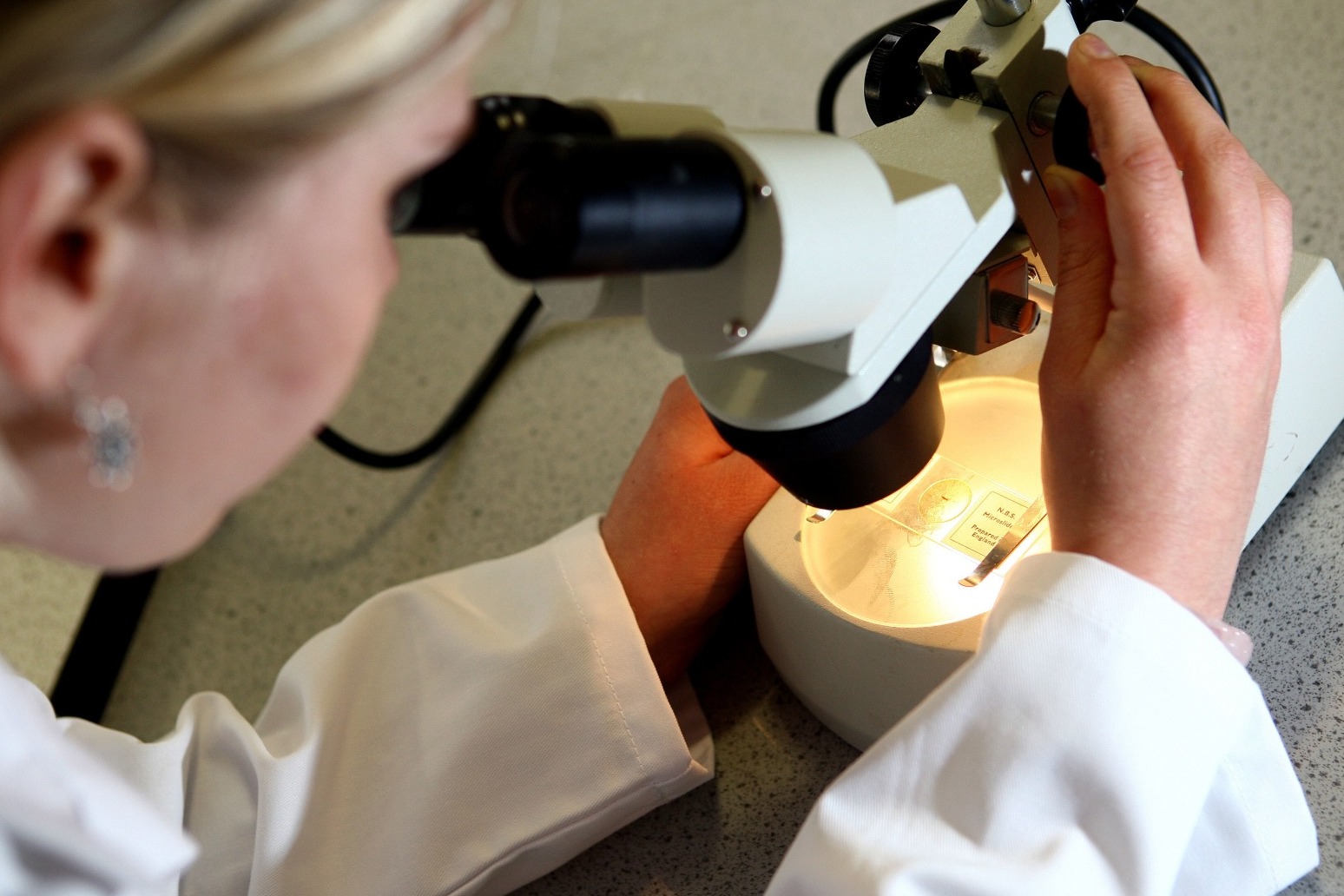
Study finds prostate cancer patients need fewer radiotherapy sessions
Patients could complete their treatment in a week, rather than a month
Men treated for prostate cancer could see the number of radiotherapy treatments they need drastically reduced after a major trial.
The trial, conducted by the Royal Marsden NHS Foundation Trust and The Institute of Cancer Research in London, found fewer treatments of higher doses – stereotactic body radiotherapy (SBRT) – are as effective as a longer series of lower doses delivered over several weeks.
Patients rated as being at intermediate risk would receive the higher doses in five treatment sessions over one or two weeks, compared with around 20 sessions which can take up to a month.
Chief investigator Professor Nicholas van As, medical director at the Royal Marsden Hospital, said: “Standard radiation treatment is already highly effective and is very well tolerated in people with localised prostate cancer, but for a healthcare system and for patients to have this treatment delivered just as effectively in five days as opposed to four weeks is hugely significant.
“To be able to sit with a patient and say, ‘We can treat you with a low toxicity treatment in five days, and your chance of keeping the cancer at bay for five years is 96%’, is a very positive conversation to have.”
Among those who took part in the study was Alistair Kennedy-Rose, 64, from the West Midlands, who was diagnosed with prostate cancer in 2014.
He said: “There can be a lot of anxiety following a cancer diagnosis, but just 10 days after I was referred to the Royal Marsden, I started SBRT.
“I still find it unbelievable that five days later I finished my treatment. For something as serious as a cancer diagnosis it was incredibly easy.”
Professor Emma Hall from the Institute of Cancer Research, who is managing the study, said the advances in radiotherapy were “fantastic”.
She said: “This is a game-changer for patients – meaning they receive a highly effective cancer treatment while spending less time in hospital and travelling to appointments.
“It’s another example of how the rapidly advancing field of radiotherapy can improve patients’ lives.”
The Prostate Advances in Comparative Evidence study compared results from 874 patients in the UK, Ireland and Canada who were assigned either the longer or shorter course of treatment.
Five years after treatment, those treated with the shorter course saw a 95.7% rate of remaining free of biochemical clinical failure, compared with 94.6% for those treated with conventional radiotherapy.
Side effects were low and not significantly different between the two groups.
Findings from the study will be presented on Monday to the American Society for Radiation Oncology in San Diego.
Published: by Radio NewsHub